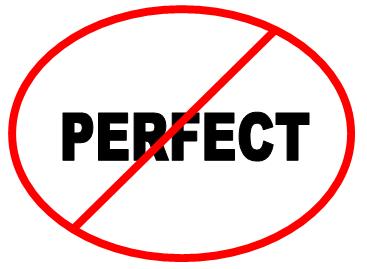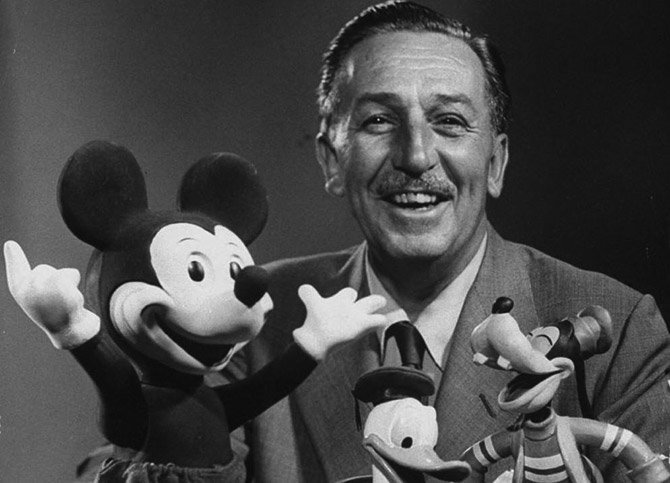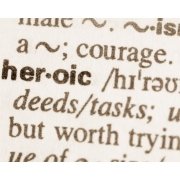AUTHENTICITY ISN’T ABOUT BEING PERFECT- IT’S ABOUT BEING HUMAN Three Ways To Authentic Leadership
I learned from Jerry Weinberg, author of The Secrets Of Consulting, that if you want to stay single you should look for the perfect mate. So, I would postulate that trying to be perfectly authentic will actually make you inauthentic. Earning the trust and credibility that comes from authenticity isn’t about trying to be perfect. Instead, it’s about honesty. Let me illustrate with an example:
While working with an executive on how to be a more authentic in his leadership, he told me about a meeting where he had to deliver some tough news about his team’s performance. “I was honest with them, but I could see them pulling away and withdrawing. I knew that my honesty was disrespectful, and I was losing credibility. But I also knew that if I held back my frustration with their performance would increase and I wouldn’t be doing my job as a leader. How can you be more authentic in this kind of scenario?”
Being authentic is an entirely human journey, full of paradoxes, uncertainty and tension. It doesn’t mean getting it all perfect, working from a script, or having a formula. Instead, being authentic means accepting the paradox along with the tension. Authenticity requires both honesty and respect, and a willingness to wrestle with these sometimes opposing forces. If you are completely honest and call someone stupid, you would be totally disrespectful. On the other hand, you can be so respectful and polite that you are dishonest.
Struggling with this paradox between honesty and respect is an indication of authenticity. It means you are honest enough with yourself to step back and get some self-awareness. You don’t have to tell people you are wrestling with this kind of paradox because your humility will show through. Be assured that disrespectful, demeaning leaders with no emotional intelligence do not consciously wrestle with these kinds of paradoxes. The fact that you are grappling with them and seeking ways to better lead and communicate is an indicator of authenticity. Authenticity is about being human. It’s not about being perfect.
Here are three ways to be a more authentic leader:
- Be open for feedback. When the 75 members of the Stanford Graduate School of Business Advisory Council were asked to recommend the most important capability for leaders to develop, their answer was nearly unanimous: self-awareness. Seeking self-awareness is an indicator of authenticity. Certainly a 360 degree feedback tool is valuable, but asking directly for feedback is also important. “What do you want me to stop, start, continue doing in our relationship?” “On a scale of 1-10 how would you rate the quality of our relationship in the past year?” “What would take it up a notch?” These are helpful ways to get feedback. You don’t have to agree or disagree with what people tell you. You simply say thank you and take one or two areas that you will commit to improve. You can also get feedback from yourself, by taking time for self-reflection. Ask yourself how you can improve. Take an honest inventory every so often. Inauthentic people have no interest in getting to know themselves better.
- Realize the value of caring. In the ten years that Doug Conant served as CEO of the Campbell Soup Company, he turned the languishing business around by putting the focus back on the people who worked there. Over the course of his time at Campbell Soup, Conant was said to have written 30,000 handwritten thank you notes to his employees, amounting to about ten notes a week. “I let them know that I am personally paying attention and celebrating their accomplishments,” Conant said in an HBR podcast. After working in the leadership development field for more than thirty years, I have learned that good leadership is fundamentally about making contact, building personal connections, and helping people to grow and flourish. It’s fundamentally about caring. Good leadership means you go the extra mile to care about your organization. You care about the people you serve. And you care about the work you do and the contribution you make.
- Work with a guide. There’s an old Sufi saying that says, “The eye can’t see itself.” Just as a mirror reflects our face back to us, mentors, coaches, trusted advisors, therapists, confidants show us that which is so close to us we can’t see it. If you are serious about uncovering your authentic leadership, find a guide to help you through unfamiliar territory. Ask for help. While authenticity is a lonely journey, it can’t be done alone. The important thing is that others who have some experience with what you are facing can offer a supportive, accepting, accountable space to heal and learn. Guides help you step back and get some perspective. They support you, challenge you, and help ask questions like, “What’s going on here?” “What are you up against?” “What can be learned?” “What are your options?”









